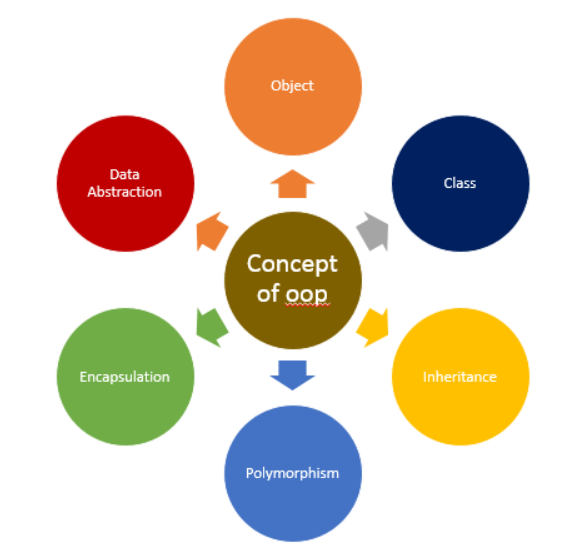In the previous article, we have discussed an introduction to OOP, in this article we will dive deep into OOP.
Overview of OOP
OOP stands for “Object-oriented Programming”. It is a technique or we can say that it is a methodology. It is introduced to represents a real-world object in the programming world.
What is OOP?
OOP is a methodology that provides a way of modularizing a program by creating partitioned for both data and methods.
OOP is about creating objects that contain both data and methods.OOP provides a clear structure for the programs.OOP refers to a programming methodology based on objects, instead of just functions and procedures.
Object-Oriented Programming is a methodology or paradigm to design a program using classes and objects. It simplifies software development and maintenance.
Building blocks of OOP
- class
- object
Every java program must start with a class because using class only we can represent real-world objects like Employee, Country, etc.
OOP Principles
OOP principles are suggestions that provide rules and guidelines for creating real-world objects into programming by achieving security, reusability, and dynamic binding with high scalability. Below are the oop principles,
- Encapsulation
- Inheritance
- Polymorphism
- Abstraction
What type of programming languages are called OOP languages?
The programming language that supports implementing all the above OOP principles is called Object-oriented programming languages.
Difference between Object-based and Object-oriented programming languages?
The languages those contain object concept but not implements all OOP principle, such languages are object-based like JavaScript. Because it will not contain a class-based program.
The language that supports all the OOP principles is called Object-oriented programming languages. For example Java,C#.NET, Smalltalk are Object-oriented programming languages. simula and Smalltalk are considered as the first truly Object-oriented programming language.

So this is the overview of OOP, in the next article, we will see each OOP principle one by one deeply with examples.
Keep in touch, Sharing is Caring!
Thank you…
